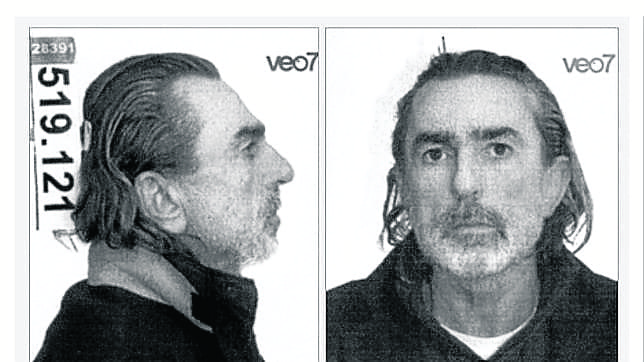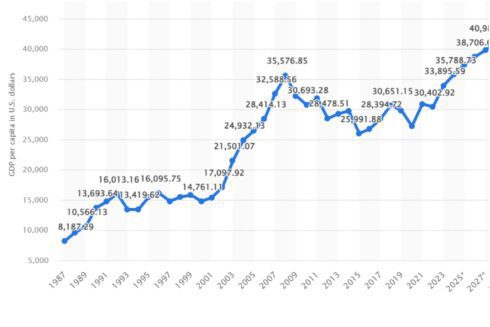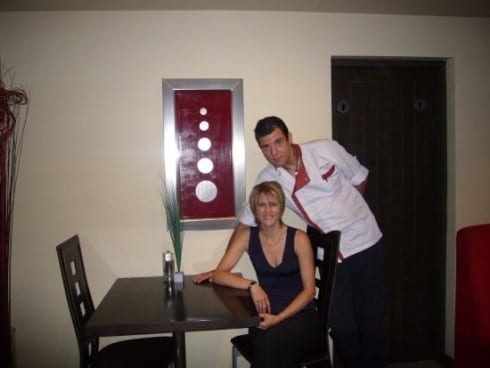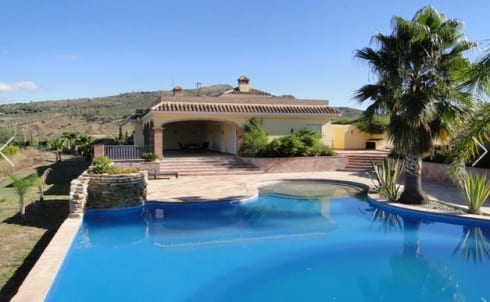
AND so it begins. After seven long years of investigations, no less than 37 former high-ranking PP political figures are going on trial over a €450 million government corruption case.
Facing charges relating to taking kickbacks, faking invoices and siphoning public funds into offshore accounts, the Gurtel case is the biggest political scandal to hit Spain since the Franco era.
Add in a judge suspended for 11 years for wiretapping and the Gurtel case has all the elements of a Hollywood blockbuster.
And with Rajoy still hopeful of retaining the Prime Minister’s seat before the end of the year, the timing of the trial could have a massive bearing on the country’s future political landscape.
Indeed, the PP itself has been called to the stand for allegedly benefiting from illegally obtained funds.
Although the party does not face criminal charges it may be forced to pay the money back into public coffers.
Party leader Mariano Rajoy is in for a tough time personally, with prosecutors calling on the judge to order the Prime Minister to testify. Former treasurer – and heavily accused – Luis Barcenas has repeatedly claimed that Rajoy was among scores of party leaders who received tens of thousands of euros from a secret slush fund during the government of Jose Maria Aznar.

What else comes out during the trial remains to be seen, but do not be surprised to see more former colleagues throwing one another under the bus as the express prison service draws nearer.
Barcenas himself faces a maximum sentence of 42 years behind bars for his involvement and has become the poster boy of the Gurtel case since he was first linked in 2010.
Since then he has adopted an ‘if i’m going down, you’re coming with me’ stance, shouting his mouth to anyone who will listen.
In total, the group of high-profile businessmen, senior politicians and former bank bosses are charged with 12 offences. Among the defendants are three former party treasurers all with close ties to the current PP set up.
As well as Barcenas, two former treasurers, an ex-health minister and dozens of former mayors and local government ministers will take the stand on charges of bribery, influence peddling, money laundering, tax fraud and document forgery over a six year period between 1999 and 2005.
(Due to the scale of corruption the investigation had to be split in half, with a further inquiry also underway to examine the following four-year period with 100 businessmen and politicians under the microscope.)
The case itself centres on a kickback scheme between businessmen and politicians across Spain, mostly for building contracts.
Allegedly masterminded by businessman Francisco Correa – Correa means Gurtel (belt) in German – six regional governments and nearly 200 official suspects have been probed.

In particular the local and regional governments in Madrid and Valencia have come under scrutiny, with politicians accused of receiving bribes in the form of everything from wads of cash to designer handbags and Cuban cigars.
Correa himself faces a 125 year sentence for a multitude of corruption offences.
Launched in the summer of 2008, investigations began when former PP councillor Jose Penas blew the whistle on Correa’s web of deceit.
Handing over 18 hours of recorded conversations over two years with Correa, Penas’s tapes allegedly prove that PP politicians were bribed in order to hand contracts for government work to Correa’s businesses.
Correa – who enjoys being called Don Vito in reference to the Marlon Brando character in The Godfather – is accused of misusing public funds and setting up offshore accounts to keep millions of euros.
But the whistleblower himself hasn’t slipped away scot-free. Penas will take to the stand on charges of accepting bribes before he turned over the tapes.
In 2009, superjudge Baltasar Garzon took charge of the investigation following his attempt to prosecute Chilean dictator Augusto Pinochet and his determination to overturn crimes committed in the Franco era.
However, the highly respected judge committed a cardinal sin himself, ordering the wiretapping of conversations between defendants in custody and their lawyers.
By February 2012, Spain’s champion of justice was thrown off the case and banned from the legal profession for 11 years, sparking mass protests.
Judges Antonio Pedreira and Pablo Ruz have come and gone and the man now tasked with presiding over the case is José Ricardo de Prada.
And with 37 defendants and dozens more officials being called to testify, Judge de Prada has quite the job on his hands.










Vamos a ver.